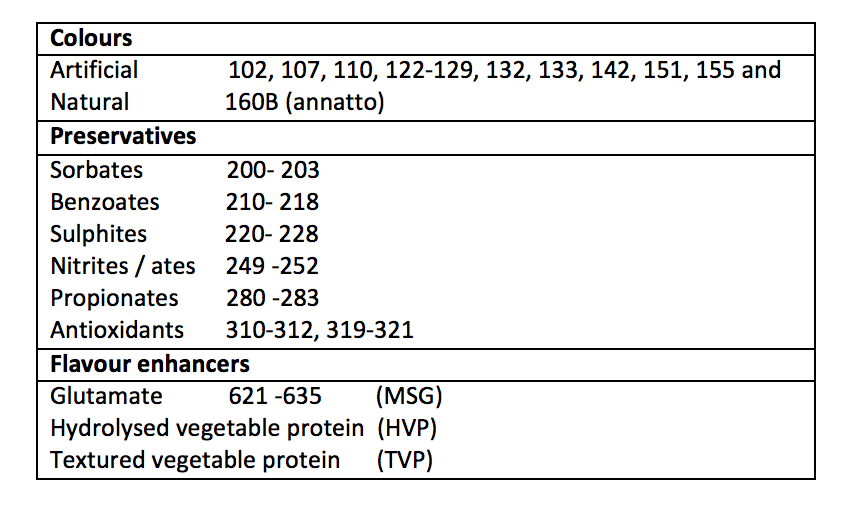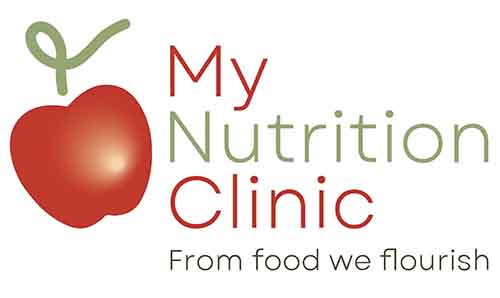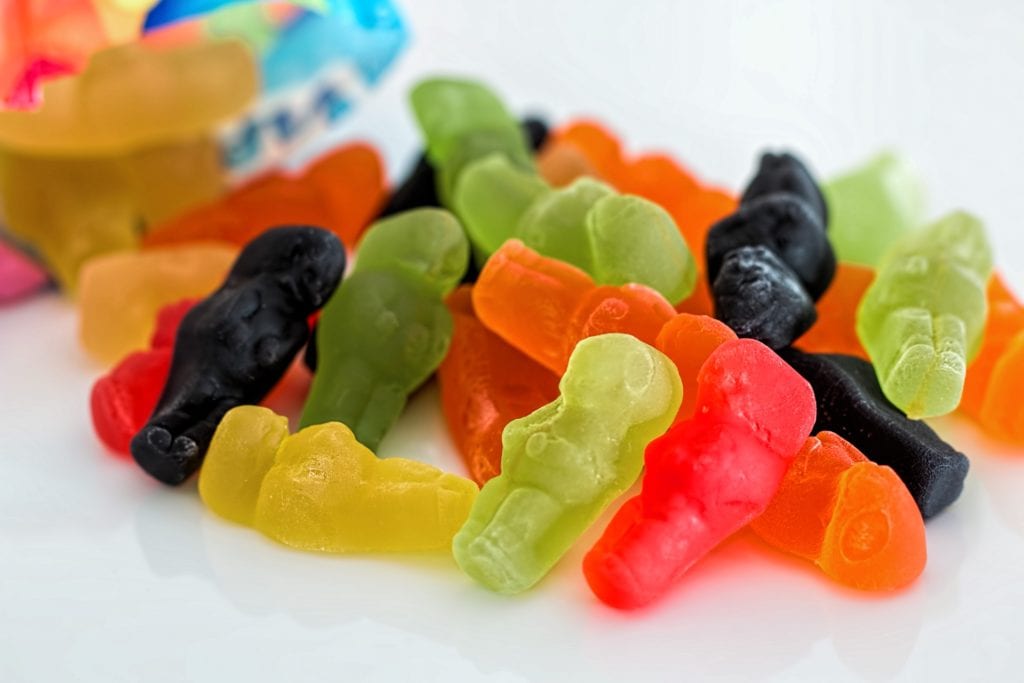ADHD or Attention Deficit Hyperactivity Disorder presents with restlessness, poor concentration and impulsive behaviour. A common question I get as a Gold Coast paediatric dietitian is how do certain foods can contribute to these symptoms and can changes to a child’s diet improve behavior. Unfortunately not everyone will respond, but for most it is certainly worth a try.
You’ve probably heard that sugar causes hyperactivity but this is not exactly true. Sugar is a concentrated energy source which means the body has fuel available to run, jump and think, which is a good thing. However, TOO MUCH does no good at all for it can lead to overweight, dental caries and a diet of low nutrient quality. In terms of ADHD, studies have shown it is not the sugar but the other components in food which set off troublesome behaviour. It just happens that high sugar foods also tend to be high in artificial colours and flavours, or in natural food chemicals.Below are some substances which have been shown to have a direct effect on behaviour.
These are known as food chemicals, food additives and non food items such as perfumes or cleaning products. Food chemicals occur naturally in foods and are known as amines and salicylates. They are found widely in all food groups so it can be difficult determining which foods cause problems. Sometimes the effects are very obvious, for example, eating chocolate may cause a ‘high’ and uncontrollable behaviour. Or it may be strawberries or kiwi fruit, things that we class as ‘healthy’. Choosing organic fruits and vegetables does not stop the problem as the plant will produce more natural chemicals to protect itself against pests. A general rule is the fresher the product – the less the amines, but the less ripe the more the salicylates. High flavour tends to mean either high amines or high salicylates. As a Gold Coast paediatric dietitian I can help a family identify all the food chemicals in the diet and provide a list of useful tips to reduce them naturally without extreme restrictions.
The second group shown to affect behaviour are the food additives such as colours, flavours, preservatives and flavour enhancers. Cutting down on these additives along with any suspect foods may be all that your child needs to show good improvement. See the table of additives most likely to cause adverse reactions as a guide. Note that the additives are not ‘bad’ as such, but can be poorly tolerated.

What should you look out for?
Heightened sensitivity to light, noise, smells, flavours and temperatures. Physical signs such as rashes, tummy aches, sinus problems or behavioural changes such as restlessness, poor concentration, highs and lows. If your child does present with these or has already been diagnosed with ADHD or ASD, it is important to get specialist help as it’s a very tricky path to walk alone. Speak with your GP about a referral to an allergy/intolerance Gold Coast paediatric dietitian for personalised advice and guidance.


